In the complex world of international diplomacy, few individuals are as influential in global affairs as Donald Lu, the US Assistant Secretary of State for South & Central Asian Affairs. With over three decades of experience, he has played a significant role in various regime change operations in South Asia. His former boss, Victoria Nuland, who currently serves as the Under Secretary of State for Political Affairs in the United States, also brings extensive experience in regime changes. These individuals, often seen as agents of the deep state, are prompting serious questions about the motives and strategies of the US Deep State in the South Asian region.
Who is Donald Lu?
Donald Lu is a diplomat with extensive experience in South and Central Asia. He has served as the U.S. Ambassador to Kyrgyzstan (2018-2021) and the U.S. Ambassador to Albania (2015-2018).
Since September 2021, he has been the U.S. Assistant Secretary of State for South and Central Asian Affairs. Lu has been working in the South Asian region since 2010. However, his actions have sparked controversy, with many now considering him a new “Regime Change Expert.”
Interestingly, Lu has held two diplomatic posts in India, including serving as Deputy Chief of Mission at the U.S. Embassy in 2010. In simple terms, he is currently the U.S.’s head of regime change operations in South Asia.
Let’s analyze his role in Sri Lanka, Pakistan, and Bangladesh, as well as his relations with India.

Before discussing his regime change operations in South Asia, it’s important to examine Donald Lu’s political interference in Albania during his tenure as U.S. Ambassador from 2015 to 2018.
The opposition Democratic Party accused him of favoring the ruling left-leaning Socialist Party in Albania. Lu used his position to pressure the country’s judiciary, especially in the case of former Interior Minister Samir Tahiri, who was accused of aiding drug traffickers.
Lu even canceled U.S. visas for members of the Democratic Party and judicial officials. This move was a blatant attempt to interfere with Albania’s judicial system to influence the outcome of the Tahiri case and other judicial matters.
Lu tried to defend his actions by claiming that he was combating corruption and promoting democracy in Albania. Even the U.S. Embassy in Tirana confirmed that visas for some individuals had been canceled, but stated that visa records are confidential and can’t be revealed.
The key point is that none of those individuals were from the ruling Socialist Party. Lu aimed to make the Albanian judicial system subservient to the Socialist Party, which sought to enrich itself through drug trafficking. This same party was supported by George Soros, whose Open Society Foundation even advocates for the legalization of drugs. Albanian Prime Minister Edi Rama, a close friend of Soros, even attended his wedding.

According to research by IFIMES, since the Socialist Party came to power in Albania in 2013, the judicial system has been completely under the control of the Socialist Party and the Deep State.

Almost 90% of drug cartel cases have gone in favor of the government and the gangs. Even individuals who were sentenced before 2013 have been released from prison.
This is how Donald Lu and the Deep State have undermined Albania.
Lu’s Involvement in Regime Change in South Asia
Lu has been accused of orchestrating regime change operations in several South Asian countries. This article presents compelling evidence against him
Pakistan:
Donald Lu played a key role in changing the regime in Pakistan. In April 2022, Prime Minister Imran Khan’s government was ousted, and just a month earlier, Donald Lu had met with Pakistani government officials.
Imran Khan, who sought to align Pakistan with the ‘Chinese-Russian’ axis, was removed from power.
In January 2022, Lu warned Pakistan’s Ambassador to the U.S. that if Prime Minister Imran Khan remained in office, it would have serious repercussions for bilateral ties between the two nations. Shortly after, Khan was ousted in a no-confidence vote, aided by Pakistani Army Chief Qamar Javed Bajwa.
Imran Khan openly named Lu as the one who led the U.S. regime change operation in Pakistan. Khan’s claim that “Lu wants to change the regime in Pakistan” has now been proven true, despite being dismissed as a false accusation at the time.

According to the Pakistani newspaper Dawn, former Prime Minister Imran Khan revealed that “U.S. Assistant Secretary of State for South and Central Asian Affairs Donald Lu had reportedly warned Ambassador Asad Majeed in a meeting that there could be serious implications if Khan survived the opposition’s no-confidence motion in the National Assembly.”

Watch this video of Pakistani PM Imran Khan accusing Donald Lu of orchestrating his ouster.
Pakistan PM Imran Khan accused US of backing opposition to oust him. Khan claimed that US diplomat Donald Lu was involved in the alleged conspiracy.@PriyankaSh25 brings you this report
— WION (@WIONews) April 5, 2022
Watch more: https://t.co/AXC5qRcEPB pic.twitter.com/I494UvN65w
Sri Lanka:
In 2022, while Pakistan was facing a political crisis, Donald Lu was on a visit to New Delhi, India. During this time, he also visited Sri Lanka and met with opposition leaders, allegedly to discuss regime change. Sri Lanka was experiencing political and economic instability, with allegations of foreign interference in its internal affairs. The U.S. government had imposed numerous sanctions on Sri Lanka and Prime Minister Mahinda Rajapaksa for taking loans from China.
In Sri Lanka, Lu’s role has been linked to the political crisis that resulted in the resignation of President Gotabaya Rajapaksa and Prime Minister Mahinda Rajapaksa. Amidst economic collapse and mass protests, the U.S. is believed to have supported opposition forces to weaken the Rajapaksa government, which had become increasingly close to China. Lu’s expertise in regime change was instrumental in bringing a more U.S.-friendly government to power in Sri Lanka.
Here is the official notification from the U.S. Department of State regarding Under Secretary Nuland and Lu’s visit to Delhi in 2022.

Notably, Lu was not alone; his boss, Victoria Nuland, accompanied him. Here are photos of Nuland and Lu from their visit to Delhi in 2022.

Sri Lanka declared bankruptcy on April 1st, 2022, due to its economic crisis. The U.S. had sanctioned Sri Lanka for its pro-China stance and for taking loans from the Chinese government.

Shortly after the regime change, the U.S. softened its stance on Sri Lanka. The same U.S. government that had imposed sanctions on the country began providing various forms of support, including IMF-approved loans for Sri Lanka.
US welcomes Sri Lanka & IMF talks, says US Assistant Secretary Lu: COLOMBO (News 1st); US Assistant Secretary of State for the Bureau of South and Central Asian Affairs Donald Lu says the U.S. welcomes Sri Lanka & IMF working towards a… https://t.co/EGrjceV7AX #srilanka pic.twitter.com/ZGCcyYPhnQ
— Financial Chronicle (@ChronicleLK) April 21, 2022

In October 2022, Donald Lu met with the new government chief, President Ranil Wickremesinghe, in Sri Lanka. Lu reiterated the U.S.’s full support for Sri Lanka’s economic reforms, stating that President Ranil Wickremesinghe was “the right man to do this.” (watch)
In October 2022, Donald Lu met new govt chief led by President Ranil Wickremesinghe in Srilanka.#Srilankapic.twitter.com/A3XInQ9PHo
— Pooja Sangwan 🇮🇳 (@ThePerilousGirl) August 7, 2024
Sri Lanka is now under the control of the U.S. Empire. Previously, it was under the control of the Chinese government due to heavy loans from China, but the U.S. Deep State did not approve of this. So, they orchestrated the change in the Rajapaksa regime.
Bangladesh
In 2024, Donald Lu visited Bangladesh and met with government officials, reportedly to strengthen ties between the U.S. and Bangladesh. However, the visit appeared more like a final warning to Prime Minister Sheikh Hasina after her re-election in January 2024.
One of Lu’s most controversial actions has been in Bangladesh, where Prime Minister Sheikh Hasina accused the U.S. of attempting to destabilize her government. Lu has been accused of orchestrating efforts to replace Hasina’s administration with one more aligned with U.S. interests, particularly after her refusal to cede control of the strategically significant St. Martin’s Island to the U.S.

Assistant Secretary of State Donald Lu was on a tour of the South Asian region during the Indian Lok Sabha elections from May 10-15, 2024. He began his tour in Chennai, India, on May 10th.
Lu visited Bangladesh on May 13th, 2024, and met with government officials. The visit was widely seen as an attempt to engineer a regime change.
US top diplomat Donald Lu embarks on #India visit from today.
— DD India (@DDIndialive) May 10, 2024
The Assistant Secretary of State for South and Central Asian Affairs, Donald Lu, has embarked on an official visit to India, #SriLanka, and #Bangladesh from May 10-15, the US State Department said. pic.twitter.com/HPKa1z7IgF
On May 23rd, 2024, exactly 10 days after Lu’s visit, Prime Minister Sheikh Hasina made a statement indirectly accusing the U.S. government of demanding a military base in Bangladesh. In return, the U.S. allegedly promised a hassle-free re-election for Prime Minister Hasina (UNB News).
When Bangladesh’s Foreign Minister Momen met with Victoria Nuland on May 3rd, 2023, Prime Minister Hasina refused to grant the U.S. access to St. Martin’s Island, expressing her government’s position through Foreign Minister Momen.
As we deepen U.S.-Bangladesh ties, I met @BDMOFA Foreign Secretary Momen and reiterated the U.S. commitment to promoting human rights and democratic values, including free and fair elections. We thank 🇧🇩 for its generosity in hosting Rohingya refugees. https://t.co/OilWiHP0Lq pic.twitter.com/xWvPW1jb9U
— John Bass (@UnderSecStateP) May 3, 2023
The U.S. was allegedly attempting to deepen U.S.-Bangladesh ties in 2023. Prime Minister Sheikh Hasina revealed details of this meeting a year later, during a press conference on May 23rd, 2024.
Just 21 days after this meeting, the U.S. government began imposing sanctions on Bangladeshi officials, following Prime Minister Hasina’s refusal to comply with their demand for access to St. Martin’s Island.
Today, I announced a new visa policy to promote free and fair elections. Under this policy, we can impose visa restrictions on individuals and their immediate family members if they are responsible for, or complicit in, undermining the democratic election process in Bangladesh.
— Secretary Antony Blinken (@SecBlinken) May 24, 2023
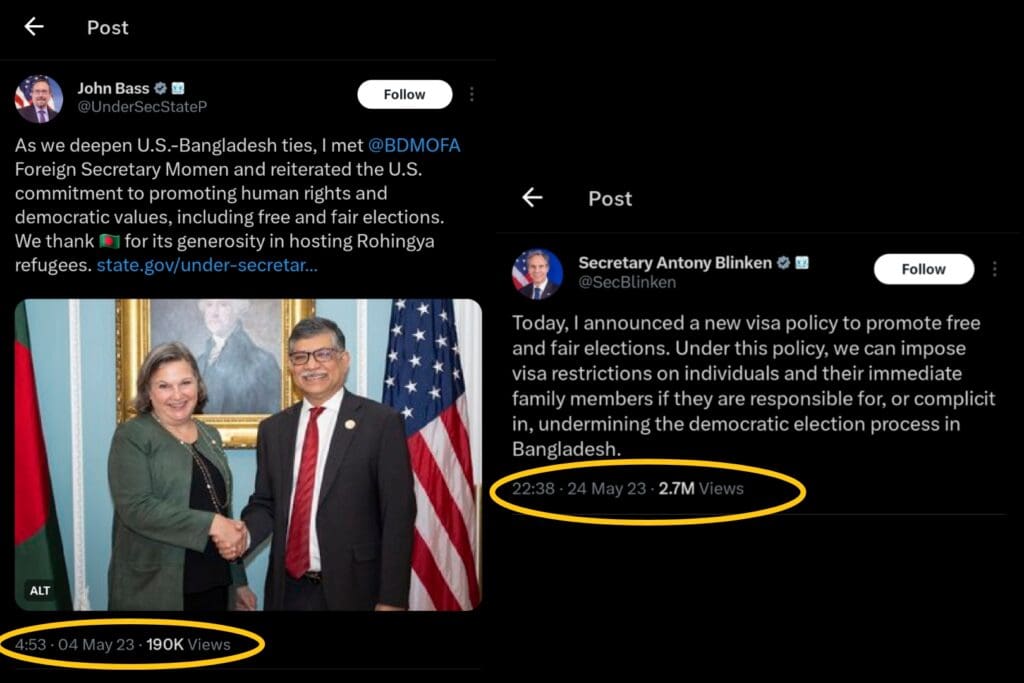
Victoria Nuland, Under Secretary of State in the Biden Administration, was responsible for handling the South Asia Department. Known as a regime change expert, she previously served as a spokesperson in Hillary Clinton’s State Department. The U.S. government, particularly the Democrats, has been eager to establish a military base in Bangladesh since 2012.

The first U.S. airbase in the British Indian Ocean Territory is Diego Garcia. Understanding its strategic refueling points highlights why this project was crucial for the U.S. The location of St. Martin’s Island similarly impacts U.S. military performance in the region.

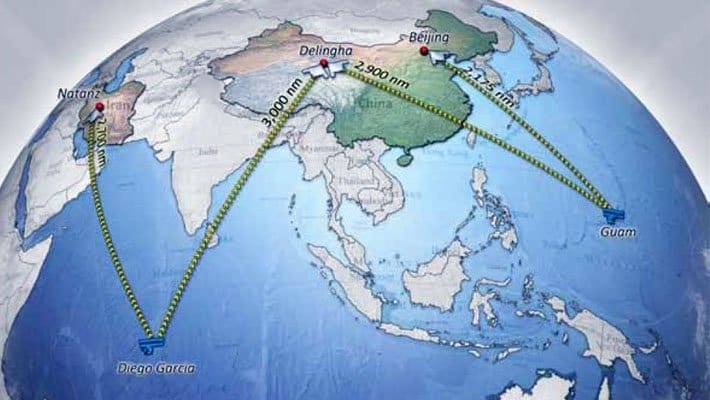
Prime Minister Sheikh Hasina refused to comply with the U.S. government’s demands. As a result, Under Secretary of State Victoria Nuland (now John Bass), Assistant Secretary of State Donald Lu, and the deep state orchestrated a regime change in Bangladesh. This forced Sheikh Hasina to live in safe houses away from her homeland. She cannot even seek asylum in the U.S. due to changed visa policies, nor in the U.K., as the U.K. is aligned with the U.S.

How the Deep State Initiated Regime Change in Bangladesh
Prime Minister Sheikh Hasina had abolished the 1972 reservation act in 2018. However, in June 2024, the High Court of Bangladesh overturned Hasina’s 2018 order.
Students began protesting this High Court decision, and the demonstrations in Bangladesh quickly turned violent and aggressive, fueled by support from the U.S. Deep State.
The Hasina government appealed to the Supreme Court, which reinstated the reservation order. By August 3, the situation had calmed down, and Prime Minister Hasina banned Jamaat-e-Islami.
But on August 5, the “Islam Chhatra Shibir” student wing of Bangladesh Jamaat-e-Islami started protesting again. The protesters planned to enter the Prime Minister’s residence, but the Bangladesh Army Chief, in collaboration with the Deep State, refused to take action against them. Unfortunately, Prime Minister Sheikh Hasina had to leave her residence and take refuge in India to save her life.
Bangladesh’s New Caretaker PM and His Links to the U.S. Deep State:
Mohammad Yunus is the new caretaker Prime Minister of Bangladesh, but his past reveals strong connections to the U.S. Deep State. He received a Fulbright scholarship from the U.S. State Department and is a Nobel Laureate with ties to the Obama and Clinton factions of the Deep State. Yunus was awarded the U.S. Presidential Medal of Freedom in 2009 and a Congressional Gold Medal in 2010.
He is a favorite of the Democratic Party, which facilitated a color revolution in Bangladesh through Deep State agents.
Yunus received significant support from the Obama Administration. When Prime Minister Sheikh Hasina’s government ordered an investigation into his alleged corruption, top Democratic Party leaders, including Obama and Clinton, issued statements opposing the investigation.

This clearly shows Yunus’s direct connection to the Deep State and the favors he has received. Yunus even thanked former President Obama for his support.

WikiLeaks revealed that Muhammad Yunus has very close ties with the U.S. government. He collaborated with the U.S. Embassy, which described themselves as supporters of Yunus against Hasina.

According to WikiLeaks (U.S. Consulate General Kolkata, February 13, 2007), in a conversation between Yunus and U.S. officials at the U.S. Consulate General in Kolkata in 2007, he discussed his entry into Bangladeshi politics and planned to impose a “State of Emergency” under the pretext of a civil war.

Motive of U.S. Deep State’s Strategy for the Bay of Bengal: From Bush to Biden
The U.S. Deep State’s strategy for the Bay of Bengal has evolved over the years, with each administration pursuing different objectives.
The Bay of Bengal has remained a strategic focus for the U.S., with its importance increasing during the administrations of George W. Bush, Barack Obama, and currently Joe Biden.
The U.S. Deep State, referring to a network of influential government and military officials who operate under elected leaders but also conduct independent affairs without the scrutiny of democratically elected leaders, has designed a long-term strategy aimed at consolidating American influence in key regions.
Bush Administration (2001-2009):
The Bush administration sought military bases and strategic partnerships to combat terrorism—or, more accurately, to expand the U.S. Empire.
St. Martin’s Island Issue:
The issue began in 2003 when the U.S. government under President George W. Bush proposed building an air and naval base on St. Martin’s Island. However, the Bangladesh government repeatedly rejected these demands. Since then, there has been ongoing tension, and now, under the Biden administration, the U.S. seeks complete control over this island and aims to establish a new puppet government to create a power center in the Bay of Bengal. Some might think it’s beneficial to have the U.S., a friend of India, nearby, but that’s not the case. The U.S. also aims to carve off three states from India to create this new country. Let’s explore the hidden interests the U.S. has in this region and how gaining control of St. Martin’s Island would benefit them.
Obama Administration (2009-2017):
The Obama administration, from 2009 to 2017, furthered the Bush regime’s plans by strengthening ties with South Asian countries, especially India and Bangladesh, to counter the growing influence of China.
Trump Administration (2017-2021):
Under Trump’s administration, from 2017 to 2021, the focus on South Asia waned, and the region was largely ignored. President Trump did not heed the Deep State’s agenda. However, this focus resumed after Biden took office.
Biden Administration (2021-present):
Since 2021, the Biden administration has been vocal about concerns over the erosion of democratic institutions and human rights violations in South Asia. Using these concerns as a pretext, the Biden government began pressuring Sheikh Hasina’s regime, reviving old South Asia projects.
The Bay of Bengal is one such project, crucial due to its proximity to the Strait of Malacca, through which a significant portion of global trade passes, including 75% of China’s oil imports. Control over this region would give the U.S. an upper hand in containing China’s rise in Asia. This has been one of the prime motives behind the U.S.’s attempts to set up military bases and cultivate allies in this region, leading to increased political interference in Bangladesh.
Significance of St. Martin’s Island and the Deep State’s Dream of a Christian State for the Kuki Tribe:
St. Martin’s Island, located about 9 km off the southern tip of Bangladesh’s Cox’s Bazar district, holds strategic value for the U.S. Deep State.
Its location near the Malacca Strait, a key maritime choke-point connecting the Indian Ocean to the South China Sea, makes it ideal for U.S. military operations in the region, allowing the U.S. to monitor China and India.
There are also beliefs that the U.S. Deep State is contemplating the creation of a new Christian country in the region, with support from the Kuki tribe—a Christian ethnic group with populations in India, Bangladesh, and Myanmar. If successful, this plan would not only fragment Bangladesh but could also threaten the territorial integrity of India, particularly in its northeastern states, which are home to a significant Kuki population.
Major Future Security Challenges for India:
- Insurgency: The northeastern region of India is already facing insurgencies by the Kuki tribe, supported by external forces like the U.S. Deep State. This could lead to destabilization in the country on various levels.
- Shift of Power Balance: Establishing a U.S. military presence on St. Martin’s Island could shift the balance of power towards America in the Bay of Bengal, putting India in a challenging position from multiple fronts.
- Threat to Integrity: The U.S. military presence on St. Martin’s Island will pose a significant threat to India’s integrity and sovereignty, impacting the political and strategic security of the entire Bay of Bengal and South Asian region.
- Maritime Security Disruption: The Bay of Bengal is a vital maritime corridor for India. Any disturbance in this region could affect the free flow of trade and energy, directly impacting India’s economy and security.
Given this situation, India needs to strengthen its regional and global alliances to counterbalance U.S. Deep State influence in its immediate neighborhood.
U.S. Selfish Interests in the Region
Given the situation, the U.S.’s primary objective is to establish its own presence in this region rather than relying on an ally like India. To achieve these goals, the U.S. Deep State has stooped so low as to exploit religion and orchestrate regime changes in Bangladesh to its advantage. If you examine the situations in India, Bangladesh, and Myanmar, you’ll notice a pattern: there has been significant unrest in areas surrounding St. Martin’s Island in recent years. For instance, there was a coup in Myanmar, Manipur in India has been experiencing turmoil for a year, and in Bangladesh, there have been ongoing clashes between the Kuki-Chin tribe and the Bangladeshi army. A common thread in these conflicts is the involvement of the Kuki tribe, which is predominantly Christian. This connection suggests that Prime Minister Sheikh Hasina’s claim might be accurate—that the U.S. aims to create a Christian country in this region.
Conclusion:
The role of U.S. Deep State agents like Victoria Nuland and Donald Lu in South Asian regime changes is highly likely, and the U.S. Deep State’s strategy for the Bay of Bengal highlights the complex and often controversial nature of international diplomacy. These actions can be harmful to many countries, particularly in the South Asian region. Donald Lu has successfully orchestrated regime changes in three South Asian countries—Pakistan, Sri Lanka, and Bangladesh—and may be planning more, as evidenced by his expressed disappointment over India’s independent diplomatic relationships with countries like Russia.
The Deep State has a history of regime change and wars, willing to stoop to any level to achieve its goals, regardless of the political and economic instability, bloodshed, or genocides that result. The Deep State has even used radical Islamic terrorism in South Asia, having funded the Taliban against the USSR Army in Afghanistan from 1979-1989 and the Pakistan government.
Currently, Bangladesh is a prime example of this strategy, with the Deep State funding Jamaat-e-Islami and the radical Islamic political party Bangladesh Nationalist Party (BNP). Hindu minorities in the country are under serious threat, facing violent attacks from radical Islamic mobs, with Hindu temples and churches being burned and destroyed. The Deep State has caused significant damage to the country for its interests, with the blood of hundreds of Hindu minorities on the hands of these regime changers and the Deep State.

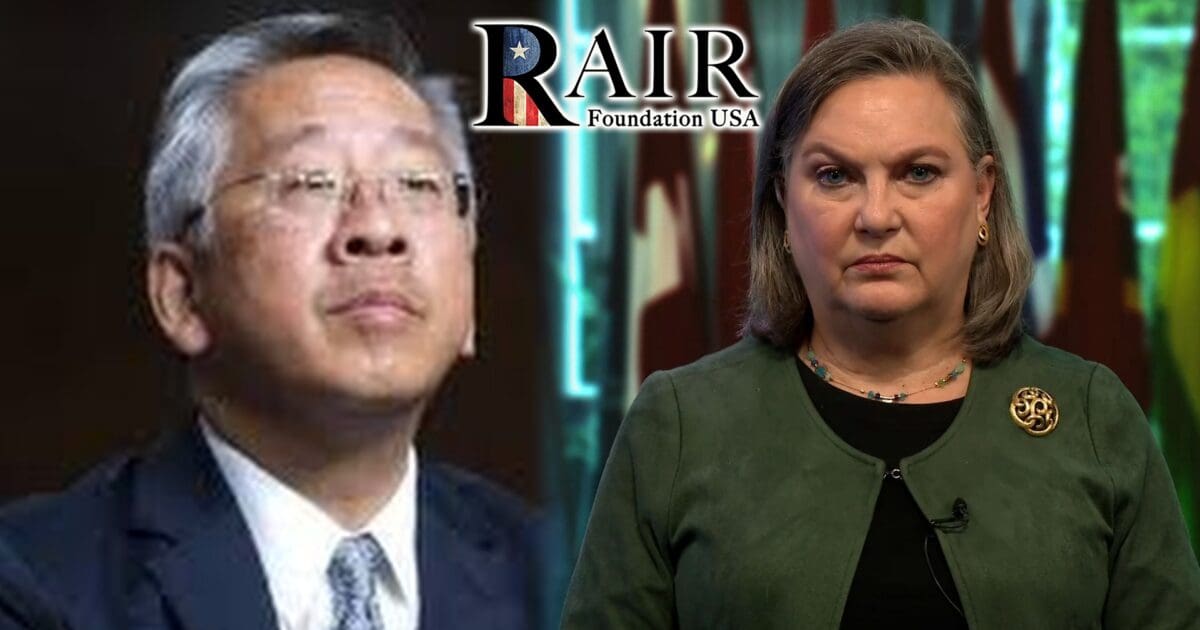


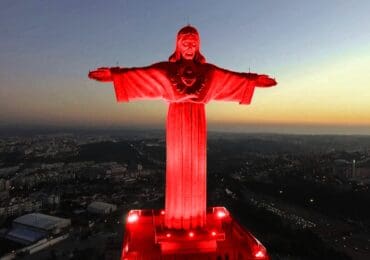






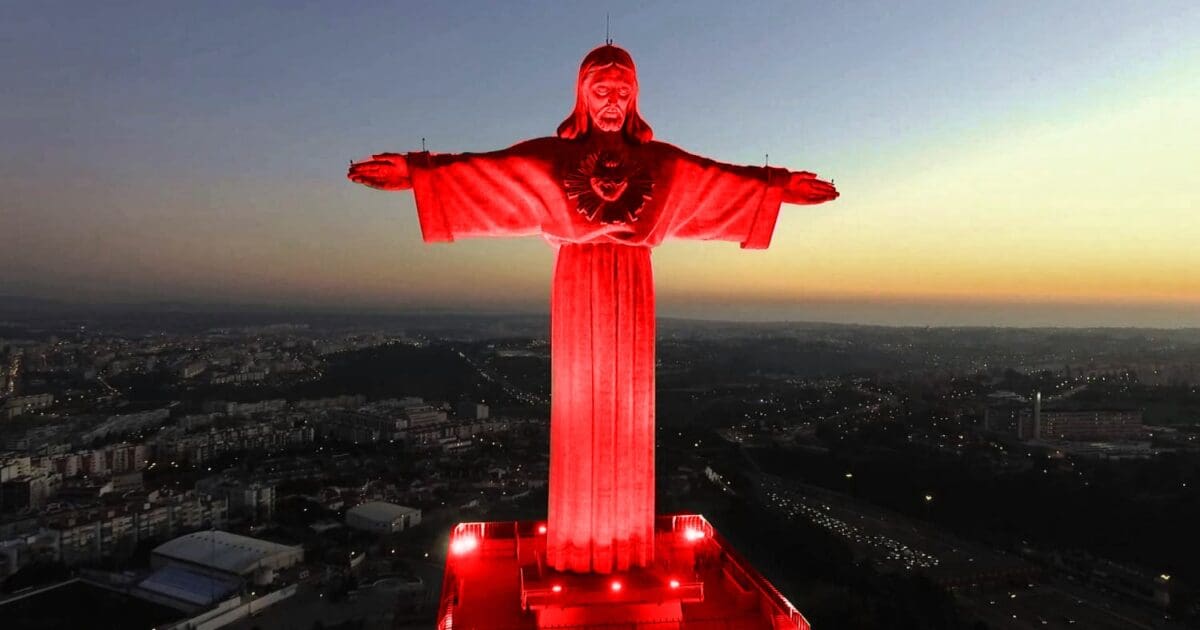


“Time was dragged on social media on Monday morning when the magazine unveiled a fawning cover story on Vice President Kamala Harris.
The new issue of Time features a glowing story by Charlotte Alter on the vice president, with a front cover headline that simply reads “Her Moment.” Inside, Alter wrote that “Harris has pulled off the swiftest vibe shift in modern political history” and declared that maybe the 2020 Democratic primary and her time as vice president haven’t been the right times for Harris to “showcase her talents,” but she “seems matched to the moment” as the Democratic presidential nominee.
Harris became the de facto nominee after President Biden endorsed her on July 21 when he dropped out of the race, and she has since officially clinched the nomination. Along the way, the mainstream media has given her overwhelmingly positive coverage and many feel the Time piece is the icing on the cake. ”
NEVER BUY OR READ THE COMMUNIST MAGAZINE TIME!
“Are you better off now than you were when I was president? Our economy is shattered. Our border has been erased. We’re a nation in decline. Make the American Dream AFFORDABLE again. Make America SAFE again. Make America GREAT Again!” Trump posted earlier Monday amid a flurry of campaign ads.
CLICK HERE TO GET THE FOX NEWS APP
Ahead of his interview with Trump, Musk hyped the interview as one that “should be highly entertaining!” as it “is unscripted with no limits on subject matter.”
“This country is going down, and these people are bad people that we’re running against. And they’re liars. They make statements. They do things that are so bad. They say they’re going to make a strong border. They say they’ve been great on the border, and they’ve been the worst in history. They say they stop crime,” Trump said towards the end of the interview.
“It’s so incredible.” ”
THE CRIMINAL “LEADERS” IN EU (except Orban) ARE DOING THE SAME IN EU!
THEY ARE DESTROYING EVERY COUNTRY, MAKING THEM MUSLIMSHITCOUNTRIES!
URINE VON DER LEYEN, EMMANUELLE MACRON AND STUPIDO-STUBB, IDIOT KING OF SWEDEN AND IDIOT KING OF UK, ALL THE WORST “LEADERS” IN HISTORY.